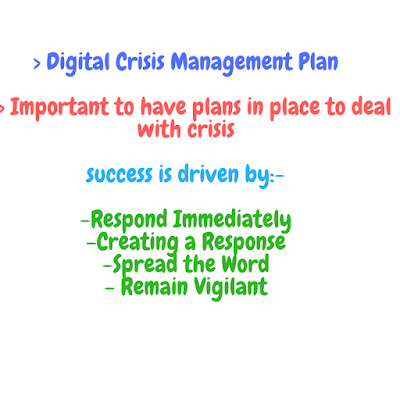Kenya 🇰🇪 Teachers Are The Most Well Paid In East Africa

ANALYSIS By Dorris Otieno Kenyan teachers are not only the best paid in East Africa, but also earn almost 12 times more than the country's average pay, a comparative study by Nation Newsplex and the Institute of Economic Affairs reveals. Even as teachers go on strike for the 12th time since their first industrial action in 1962, the analysis, which compares teachers' salaries in Kenya with those of their peers in select African countries , also finds that the lowest-paid teacher in Kenya earns more than the highest-paid teacher in Uganda. Uganda and South Africa were chosen as countries against which to compare wages of teachers because they have the most up-to-date data against which the comparison could be made. While Tanzania was not included in the comparison because only average pay for the year 2011 was available, even its figures indicated that Kenyan teachers earn more than their Tanzanian counterparts. The highest paid Kenyan teacher earns almost 12 times more than the...



Comments